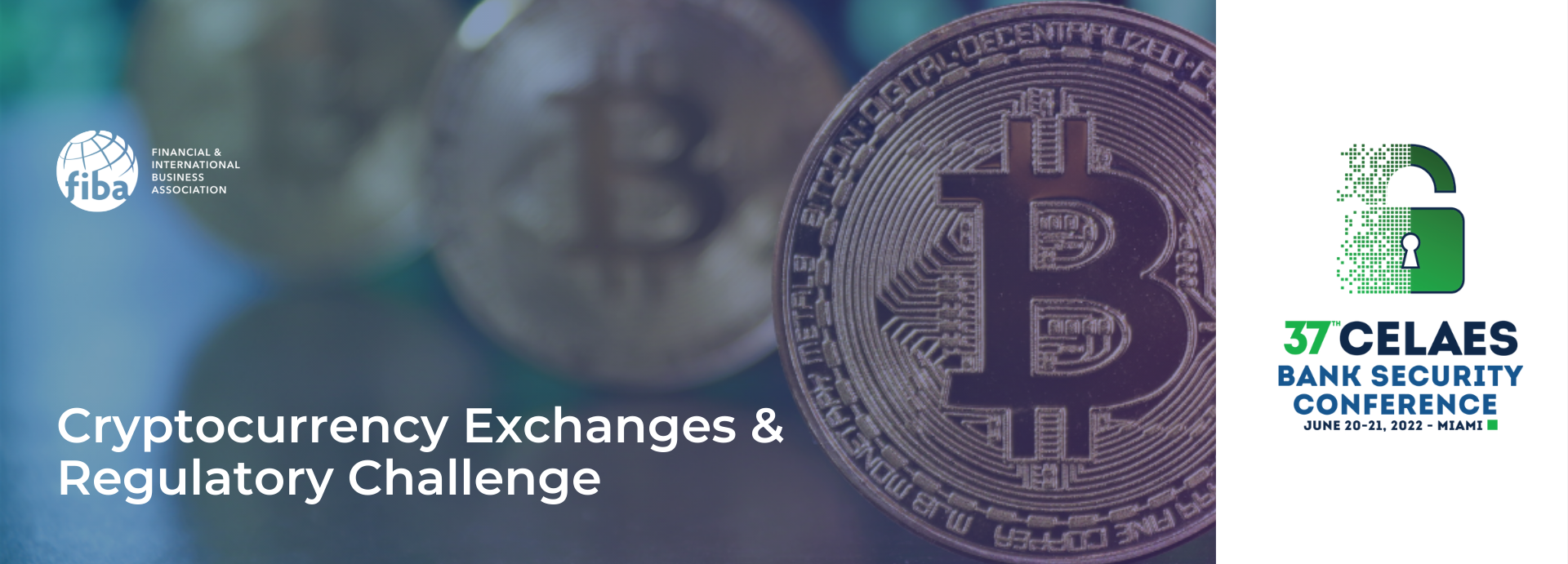“With Crypto, you can’t really make a decision six months in advance, because it will be a whole different world in six months,” said Pamela A. Clegg, Vice President of Financial Investigations for CipherTrace, blockchain analytics and cryptocurrency intelligence software provider, recently acquired by Mastercard.
What she is certain of is that “it’s a challenge for all cryptocurrency exchanges to keep up with all the different regulations from different countries.”
As international financial institutions like banks have learned, if you operate in 80 different countries you might have 80 different regulatory obligations you have to follow. Cryptocurrency exchanges face an additional challenge given that most countries don’t have crypto regulations yet. For example, in Latin America, despite having a growing crypto market, only Mexico regulates it.
Meanwhile in the US, or even if you are based and operate abroad but have one US person client, you must register with FinCEN and adhere to US regulations, “reason why many entities either do not offer services to US persons or have followed Binance’s example and created separate entities to deal with US clients,” she said.
But what happens if, in this globalized world, one of your clients moves to the US, or becomes a US person? Turns out, obligations would apply, so Know-Your-Client practices become more and more important. “The exchange would then have to close that client’s account or risk having issues with US authorities. Let’s remember that in addition to AML regulations, in the US there are also tax regulations for Crypto. If you realize capital gains you have to pay tax,” she added.
During her participation at FIBA and FELABAN’s XXXVII Latin American Congress of Experts in Banking Security – CELAES 2022 next summer, Clegg will go over these topics as well as the implications to consider when it comes to ransomware –“what type of obligations are there if it is the bank that pays the ransom or if a client pulls money from its bank account to buy crypto to pay a ransom and the sanctions associated with that.” In short, “both the bank and the exchange have implications,” Clegg emphasizes.
The specialist, that works with governments, law enforcement officials, regulators, law firms, and financial institutions around the world to conduct cryptocurrency financial investigations and to train and educate officials and employees to understand and investigate financial crimes, money laundering, and other criminal activity within the cryptocurrency ecosystem, will also cover some of the scams moving between traditional finance and crypto, like how some use a traditional credit card to buy crypto and move off crypto before those charges can come in.
Join Pamela A. Clegg and other personalities on June 20 and 21, 2022, in Miami during the leading financial security conference in the region.
